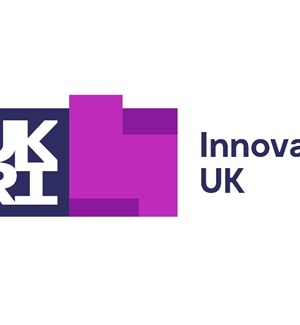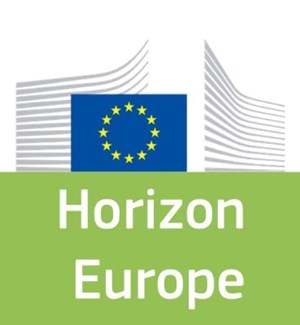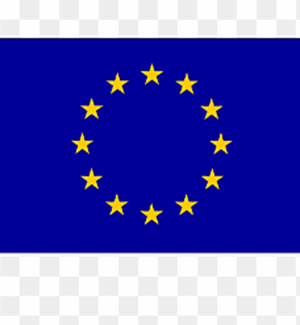- Zentrum für Makromolekulare und Makromolekulare Studien - Polish Academy of Sciences,
- Plastic Processing Company Terplast Co. Ltd.,
- Institute of Macromolecular Chemistry- Academy of Sciences of the Czech Republic,
- Fachhochschule Osnabrück
Foreseen Results The main achievements of this project are concerned with the development of high-valued and innovative materials derived from commingled scrap plastics. These recycled materials have the potential to be used in different application fields (packaging, textiles, furnitures, household articles, etc.), both alone or miced with virgin polymers, for obtaining goods with more profitable costs of production and processing technologies. This offers the opportunity for new applications that are not economical at virgin polymer prices. The most significant results which are expected from the planned research are : identification and characterization of representative scrap plastics at various compositions that possess a range of optimized properties and can be reprocessed according to conventional industrial technologies; new compatibilization methods of PET/polyefin and polyolefin blends by means of reactive extrusion and added functional polymers; processing technologies of compatibilized PET/polyefin blends for obtaining highly oriented products with improved mechanical strength; PET based blends with controlled morphology and crystallizability for injection moulding processes. It is expected that the processes, which will be developed in the course of the research, will be economically advantageous for the european companies implementing the accomplished resuts and wil promote new know-how. The recycling of scrape plastic materials is highly profitable for environmental and economical reasons. Segregation according to polymer type is the prerequisite for successful recycling because reprocessing of commingled waste usually leads to poor physical properties. However, automated processes for segregation are not 100% correct at present, so large amount of scrap plastics cannot be recycled to new products due to their scant final properties and because of the costs exceeding the profits. -The aim of the proposed research is to develop methods of utilizing commingled scrap plastics, based on polyolefins (polyethylene, polypropylene) and poly(ethylene terephtalate) (PET), for reprocessing by means of compatibilized blending. The major research tasks are: i) characterization and reconstitution of commingled scrap polymers; ii) compatibilization of the scrap blends by mixing with functionalized copolymers or by reactive extrusion; iii) characterization of the compatibilized blends and optimization of the compatibilization routes; iv) processing of the optimized systems and industrial scale-up. -The probing and exploration of representative not sorted or partially sorted scrap plastics will be the initial step of research. This stage will concern the testing of most common plastic scraps containing polyolefins and PET. The physical, physico-chemical and chemical analyses of representative waste commingled plastics will serve for the development of ways of reconstitution and increasing of their properties and grades, including washing, purification, classification according to size of cut grains, bypassing pelletization for reducing further degradation, melt filtration and improvement of appearance. -The main action for restoring the beneficial physical properties of commingled scrap plastics, which are unique for each component, will be the study of compatibilization processes . Functional grafted polymers and other compatibilizers will be used for each representative waste polymer system. The choice of a proper compatibilizer will be motivated by the costs of the process and the compatibilizer. The other promising possibility of compatibilization of unsegregated scrap plastics is the reactive extrusion. This process will be explored utilizing functional unsaturated monomers (acrylic acid, esters, maleic anhydride, etc.) and/or peroxides. For the sake of improving the physical properties of compatibilized blends of scrap plastics the optimization of the compositions, blending and compatibilization parameters will be performed. Complete physico-chemical and mechanical characterization of the optimized blends will be also carried out. -The optimized blends will be used for studying their processability in extrusion in the form of films, tapes and shapes as well as in injection molding. Finally, with the help of industrial partners, cold drawing for obtaining high molecular orientation of films and tapes will be investigated for compatibilized systems based on PET and polyethylenes.
Want to analyze based on this project via our analysis tool? Analyze this project
Knowledge Gaps
Commercial-related uncertainties
Characterization test methods
Characteristics of plastic-general
Environmental effects and ecotoxicity
Effects assessment-general
Degradation
Environmental exposure



